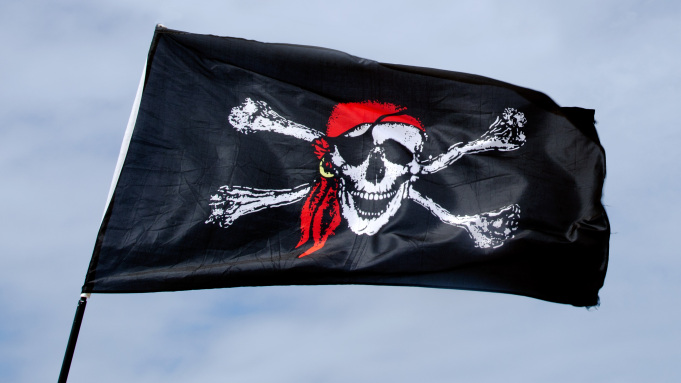
Vincent Toritseju
Lagos — Despite Nigeria’s efforts at ensuring a safe and secured maritime domain, the International Maritime Organization, IMO, the global shipping industry has removed Kenya maritime waters within the Indian Ocean from the piracy red list, 12 years after it was designated a high-risk area (HRA), a development that has received commendation from Nigerian sailors.
The move will save Kenya and East Africa huge amount of money in insurance and other security expenses, and could open up Kenya’s ports for more business.
Reacting to the development, President of the Master Mariner Association of Nigeria (MMAN), Capt Tajudeen Alao, said that the removal of Kenya from the red list is commendable for Africa adding that Nigeria’s efforts at fighting piracy may soon be rewarded with same treatment.
According to Alao, Kenya is an extension of the Somali waters adding that it accepted international support to rid its waters of pirates.
He explained that with the structures on ground in Nigeria which the IMO has also recognized, Nigeria will rid its waters of these criminal elements.
He stated: “Gulf of Guinea by extension Nigerian waters will be safe very soon; it is not a shame that Kenya beat Nigeria in the race to being removed from the red list. Piracy is an international network of criminality, we should be happy that Kenya is free; Nigeria also will be free.’’
The decision was communicated to the International Maritime Organisation (IMO), the United Nations (UN) agency responsible for improving the safety and security of global shipping on Wednesday.
This was as a result of a heightened campaign by Kenya to end labelling of Kenyan waters as high risk, which made shipping prohibitively expensive and threatened the nascent blue economy.
Increased piracy
Kenyan maritime waters were designated as high-risk area in 2009 by BMP-5, which comprise five largest global shipping industry associations — International Association of Dry Cargo Ship Owners, International Association of Independent Tank Owners, International Chamber of Shipping, Oil Companies International Marine Forum and Baltic and International Maritime Council.
This followed increased incidents of piracy in the Indian Ocean as well as Kenyan maritime waters.
The re-designation will also benefit other regional port user countries such as Uganda, Rwanda, Burundi, the Democratic Republic of Congo, and South Sudan who depend on the port of Mombasa for both their exports and imports.
Traders will benefit from reduction of maritime insurance, thereby resulting in increased competitiveness of their products.
In the past 18 months, the Kenyan team has been negotiating to ensure the re-designation, with guidance from the National Development Implementation and Communication Committee (NDICC).
The consequence of that designation of Kenyan maritime waters as HRA was an increase in maritime insurance premium for cargo destined for the port of Mombasa, as well as increased labour cost for seafarers aboard such ships due to the high risk of piracy attacks.
Cargo ships destined for Mombasa also took longer routes, beyond 300 nautical miles from the Indian Ocean coastline, to avoid encountering pirates, while others hired on-board private security for increased protection.
However, increased surveillance and joint maritime patrols by the Kenya Coast Guard Services and the Kenya Navy within the Kenyan maritime waters have resulted in significant reduction in piracy incidents, with no piracy incidents recorded since 2017.



